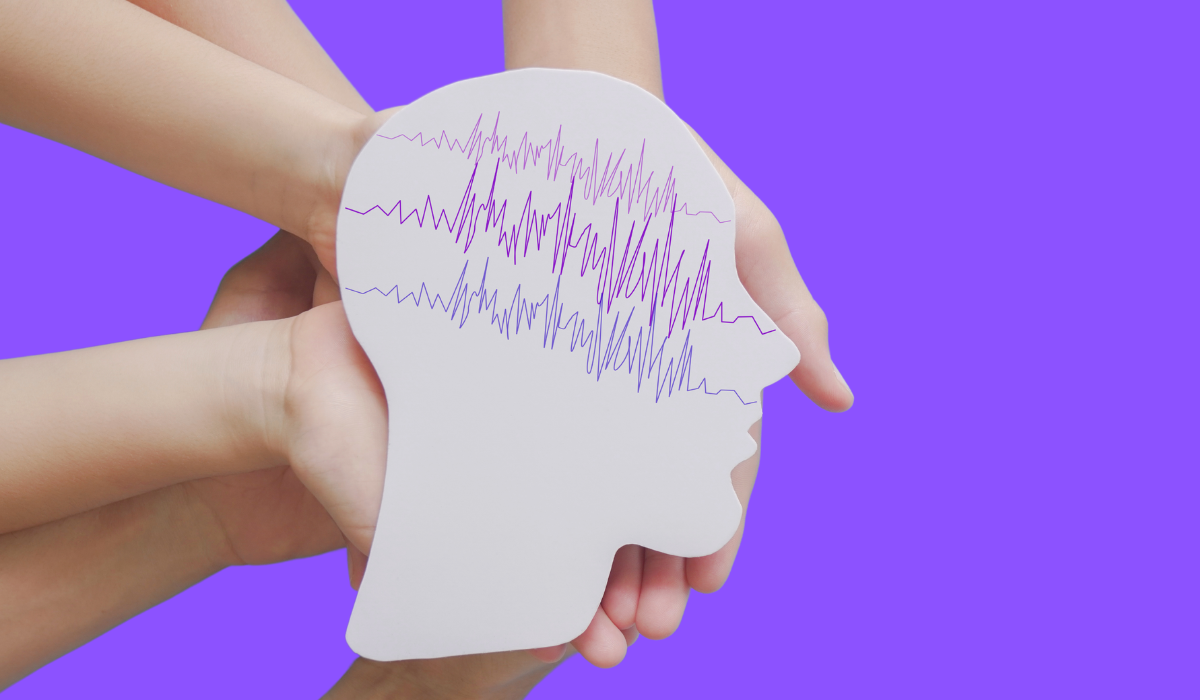Epilepsy (also called Seizure Disorder) is a medical condition that affects 65 million people worldwide and over two million Americans. A seizure is a sudden, abnormal burst of electrical activity in the brain which can last from seconds to minutes. Seizures vary from person to person and may manifest in subtle ways such as blank staring, fidgeting and lip smacking to very visible jerking of arms and legs, whole body convulsions and loss of consciousness.
Can epilepsy be cured?
Although there is no cure at the current time, anti-seizure medications are a common treatment for epilepsy. Special diets, surgery or devices are also used to help control or reduce seizures.
What do I need to think about for my child’s IEP?
A health condition or disease is chronic if it is long-standing, always present or happens over and over. An acute health condition is one that happens suddenly, develops quickly, has intense symptoms and may last for a short period of time.
A student with epilepsy may be eligible under the Individuals with Disabilities Education Act(IDEA) identified with the eligibility category of other health impairment(OHI) if the student needs special education and related services because of the epilepsy and because the epilepsy adversely affect learning.
The key concept is that the child is eligible under OHI if the health condition causes: Limited strength, vitality, or alertness and has a negative effect on educational performance.
- Section 504 Protections for Students with Epilepsy OCR
- What Can Parents Do to Prepare for School?
- Your Child at School and Child Care
- Accommodations in the Classroom
Is there some technology that can help my child?
Assistive technology is a related service listed in IDEA. Technology is a key to leveling the playing field for individuals with disabilities. Learn more on our Assistive Technology webpage.
Where can I find support?
Multicultural information


